COCAINE ADDICTION

Seeking treatment? Questions?
Get 24/7 confidential help now:
Or Receive A Call:
Last Medically Reviewed 15 November 2022
COCAINE ADDICTION
Addiction is a word that often evokes a particular image in our minds. An idea of a specific type of person using a specific type of drug. We all know the stereotypes about addiction. But the truth is that no one is safe from its claws. No form of status or standing is out of bounds.
When it comes to substance abuse, we often hear about cocaine addiction through pop culture or people we know. It’s one of the more well-known substances associated with abuse. But don’t be mistaken by its romanticized image.
Cocaine is an addictive stimulant derived from the coca plant. Commonly used as a party drug, cocaine provides users with increased energy and alertness while also making them feel talkative and euphoric. Cocaine works by affecting neural pathways in the brain. When you snort, smoke, or inject cocaine, you’ll experience euphoria and excitement lasting several minutes and a satisfying buzz for a few hours before the unpleasant crash. Avoiding this crash is usually the motivation for recurring cocaine use.
Although cocaine has long been legally available in medicine, its high addictive potential limits its use in the medical field. On the streets, it’s typically sold in the form of a white powder, crystals, or a rocky material. Cocaine is both addictive and costly, earning it the moniker “rich man’s drug.”
COCAINE
DEPENDENCE
Even though most people realize that cocaine is addictive, thousands are still lured to it. When considering the causes of cocaine dependence, it’s crucial to understand how cocaine interacts with the brain.
Dopamine regulates neurological systems in your brain associated with pleasure, memory, and decision making. Cocaine is highly addictive, primarily because it alters the brain’s dopamine reuptake, effectively flooding the brain with this neurotransmitter. Repeated and prolonged exposure to cocaine abuse can restructure brain chemistry, causing the body to develop a tolerance and require more to experience the same effects.
Although there are indisputable physical indications of addiction, it is frequently the psychological addiction that is the most difficult to break. Someone who regularly uses cocaine will develop a reliance on it. They’ll require it to feel normal. Dependence comes shortly after, as the user craves the substance when it’s not present in the body, and the drug becomes a necessity for daily function.
COCAINE ABUSE
& OTHER DRUGS
Many people who experiment with cocaine do so in settings where other drugs are being utilized. As a result, many people addicted to cocaine may also be addicted to other substances, such as alcohol or marijuana. This is referred to as poly-substance usage, and it is perilous since it raises the chance of deadly overdose.
In addition to cocaine, alcohol and heroin are widely used because they compensate for the stimulant effect of cocaine. Cocaine and alcohol abuse are such regular crossover drugs that alcohol can become a trigger for cocaine users in recovery. Using heroin and cocaine together (known as a “speedball”) is possibly the most deadly of all drug combos. In fact, more than 30% of cocaine-related fatalities occurred with simultaneous opioid use. With this in mind, it is critical to refrain from all drugs while in rehabilitation.
SIDE EFFECTS OF COCAINE USE
DISORDER
Because cocaine is an illicit chemical, any usage of it is considered abuse. No amount of cocaine use is ever safe. It is a highly addictive and harmful drug. Long-term cocaine use can have a detrimental impact on every organ in the body, potentially causing severe consequences. It alters the DNA of brain cells, nerve cells, and some proteins, among other long-term effects.
Withdrawal Symptoms
It can be challenging to overcome cocaine addiction, and users who try to quit will experience an intense crash called withdrawal. Strong cravings and uncomfortable side effects often accompany this period. Effects of cocaine withdrawal will often include fatigue, hostility, paranoia, anxiety, sleep disturbances, and depression. These symptoms can cause a strong desire to use the drug again. Even when withdrawal symptoms have subsided, it’s common to experience sudden cravings.
Dangers of Cocaine Abuse
Cocaine abuse can cause severe health problems for almost any body function, including the cardiovascular system. Cardiac complications are the most prevalent causes of mortality in cocaine users and can include heart disease, heart attack, and cardiac arrest. Long-term cocaine usage is especially harmful since it can strain the heart significantly.
A drug user is more likely to become malnourished. They may suffer from weight loss and severe nutritional deficiencies that can lead to anemia and other health problems. People who abuse cocaine often have increased heart rates and blood pressure, which can put them at risk for stroke. Cocaine can also damage the brain. It can cause seizures, and long-term effects of cocaine use include impaired cognitive function, depression, anxiety, and paranoia.
Cocaine Overdose
Cocaine abuse can also lead to death. Overdose is one of the most severe risks associated with cocaine use. Symptoms of a cocaine overdose include agitation, hallucinations, chest pain, and high blood pressure. Cocaine can cause seizures, heart attacks, or strokes – a fatal overdose is common. Cocaine use can also lead to death by suicide or homicide.
COCAINE ADDICTION
TREATMENT
Choosing to seek treatment for cocaine is the first step toward recovery. It’s also the most crucial phase. Psychological dependence on cocaine is sometimes more challenging than physical addiction and can become a severe disorder that is difficult to overcome. When someone acknowledges their cocaine addiction, the road to recovery becomes much more manageable.
While many people fall into drug addiction and feel as though there’s nowhere to turn, it is possible to recover from cocaine addiction with the proper help. Psyclarity Health has multiple addiction treatment centers that offer programs that focus on those struggling with this issue. By addressing all of the underlying factors that come along with being addicted to cocaine through treatments like cognitive behavioral therapy, group therapy, and more, full recovery becomes a reality for many individuals.
For the best outcome, an inpatient rehabilitation program is recommended. Cocaine addiction treatment typically includes medically assisted detox and various types of mental health services, and it works best with the assistance of family and friends. Post residential treatment for cocaine, there are also outpatient programs and support structures available that help to sustain long-term recovery.
COCAINE REHAB
CENTERS
Inpatient Rehabilitation Program
Inpatient therapy is one of the most effective addiction treatment strategies to overcome a cocaine use disorder. Our treatment clinics create an environment in which people attempting to quit using cocaine are not enticed by temptation. Inpatient treatment is also a secure setting for monitoring cocaine detox and withdrawal and assists a recovering user in learning how to live a healthy life without cocaine. Most treatment centers rehabilitation programs run for 30 to 90 days. However, they might extend longer depending on the client’s requirements.
A typical rehabilitation program at Psyclarity Health comprises the following components:
• Counseling for mental health
• Therapeutic art
• Cognitive behavioral therapy (CBT)
• Dialectical behavior therapy (DBT)
• Support groups
• Education on relapse prevention
• Planning for aftercare
Cognitive Behavioral Therapy (CBT)
Cognitive behavioral therapy has been widely used to treat cocaine addiction. Behavioral therapists help patients recognize harmful ideas that may trigger relapse or situations in which they may experience the temptation to use cocaine again. This recognition will help the individual develop coping strategies for overcoming a relapse-oriented thinking pattern. This form of therapy allows patients to feel agency and accountability — this feeling is crucial when it is necessary to keep motivated to stop using cocaine.
LONG-TERM
RECOVERY
Once an addict leaves treatment, they must have a support system, be it family, friends, or support groups like Narcotics Anonymous. It is crucial to recovery. Feelings of loneliness or isolation can draw people back to addictive patterns.
Consistent participation in group therapy sessions can help prevent relapse. They connect recovering addicts to people facing similar difficulties and provide recovering addicts with a sense of camaraderie. Having a place where people understand what you’re going through is a powerful motivator.
OVERCOME COCAINE
ADDICTION NOW
Thousands of people who struggle with cocaine addiction have effectively transformed their lives. Although cocaine addiction harms a person’s health, psyche, and well-being, people in recovery can learn to live a life free of cocaine and rediscover the person they actually are. If you or someone you love struggles with addiction, now is the time to get treatment. Contact Psyclarity Health right away if you have any questions regarding rehab.
MAKE THE CALL
Don’t go through the process of recovery alone.
There are people who can help you with the struggle you’re facing. Get in touch with one today.
Call Now: 855-924-5350
GET THE CALL
Enter your phone number below to request a call from a treatment professional.







